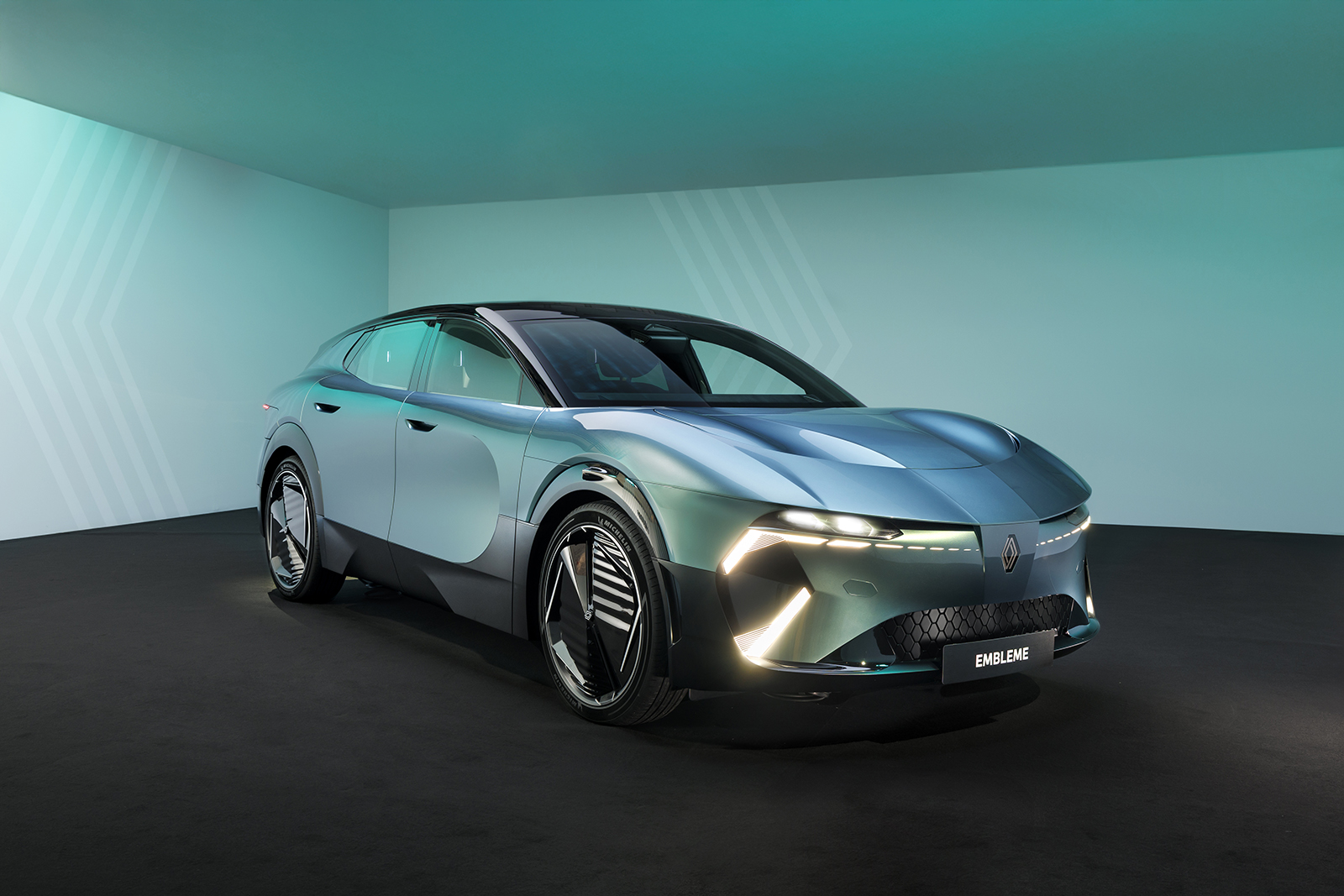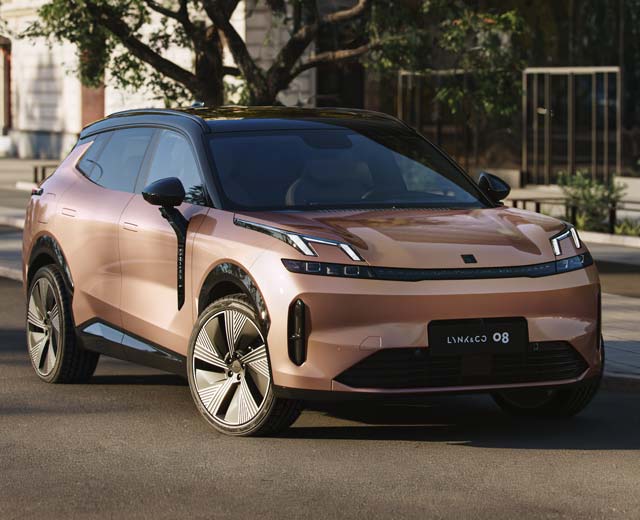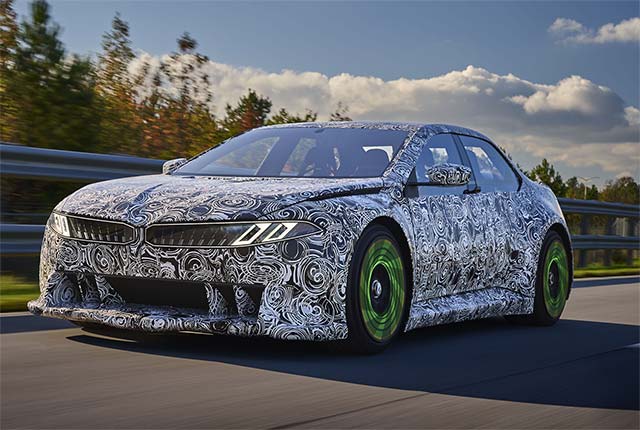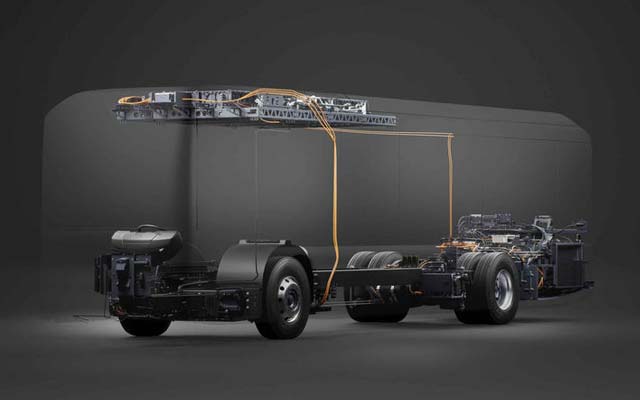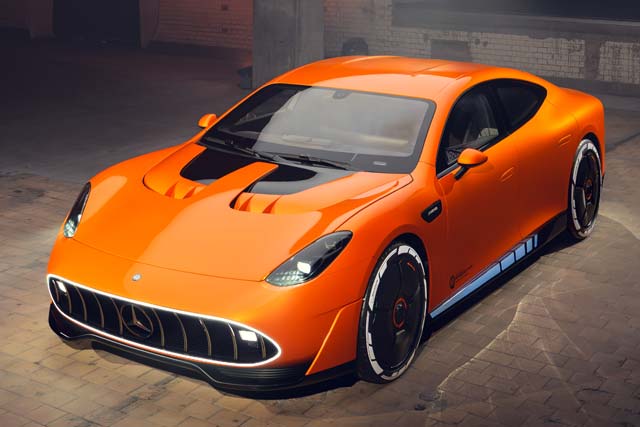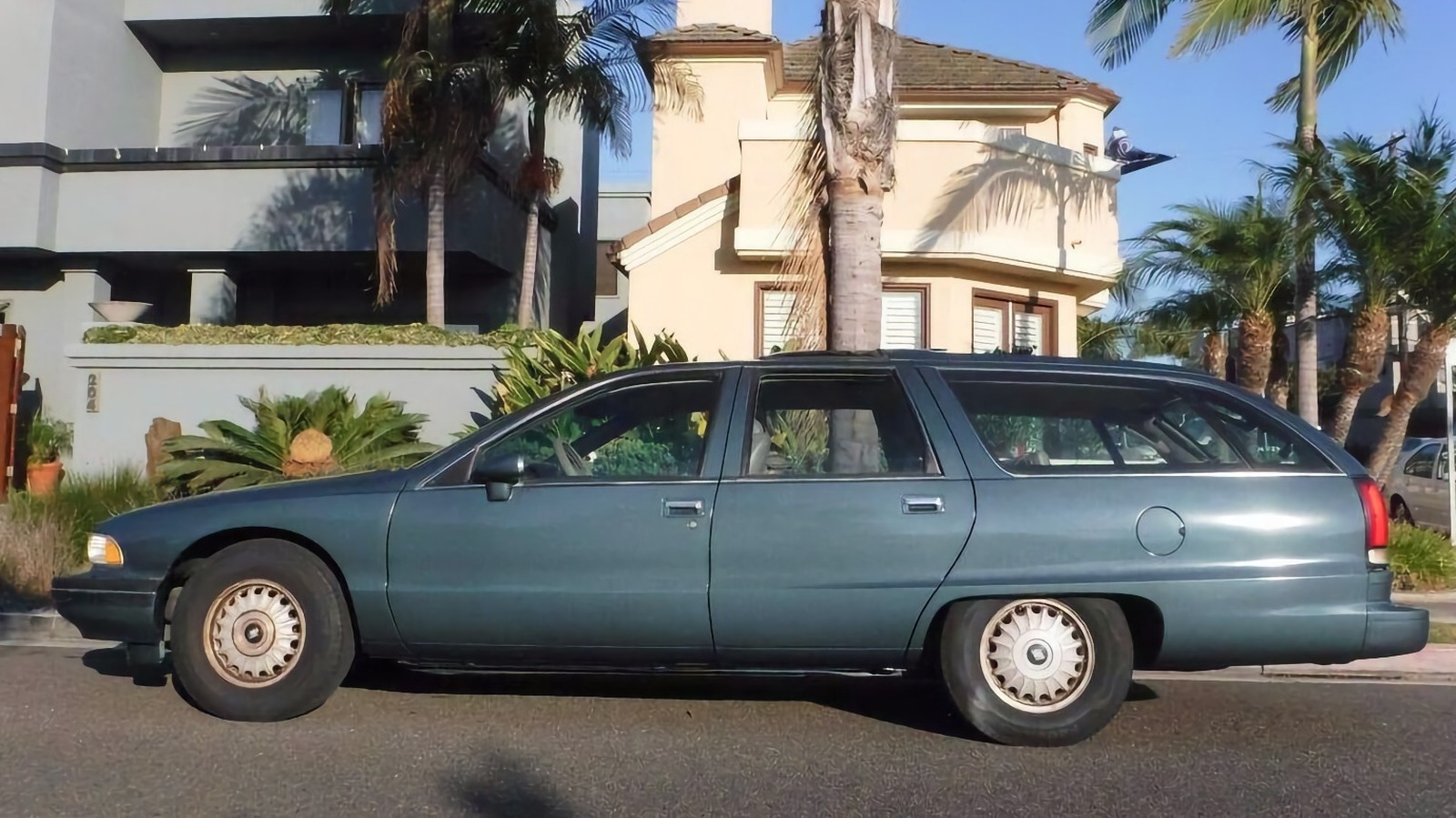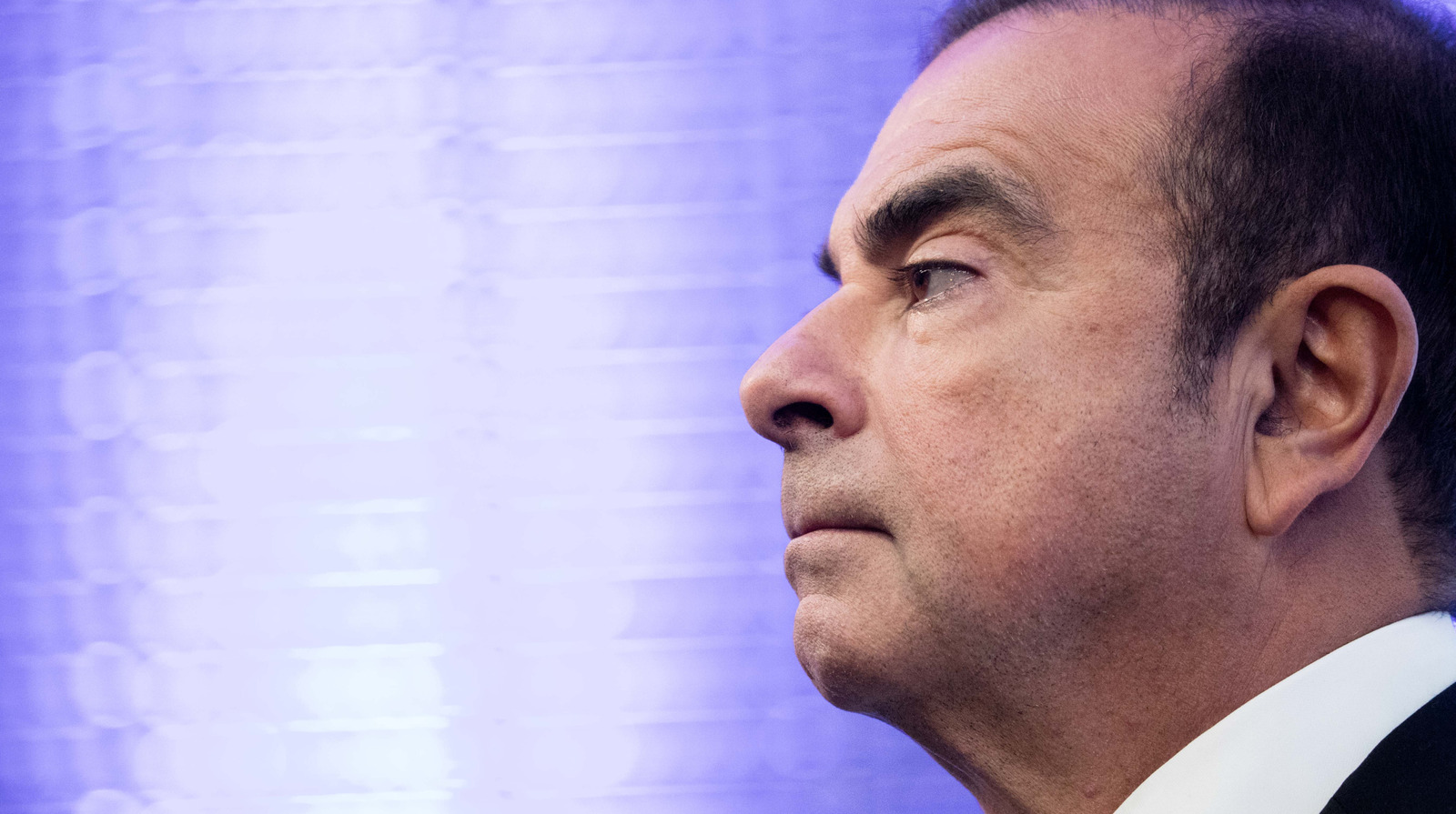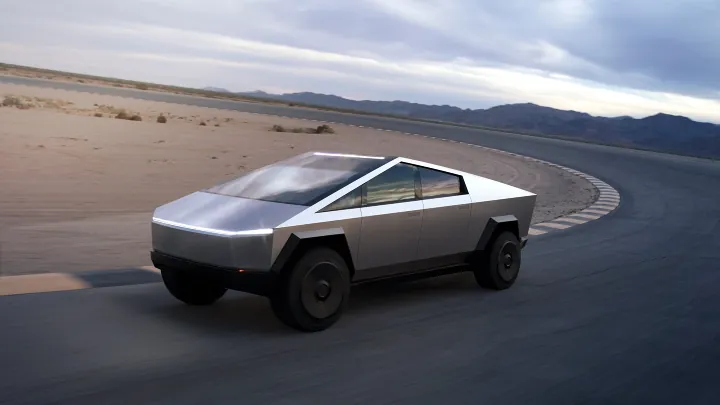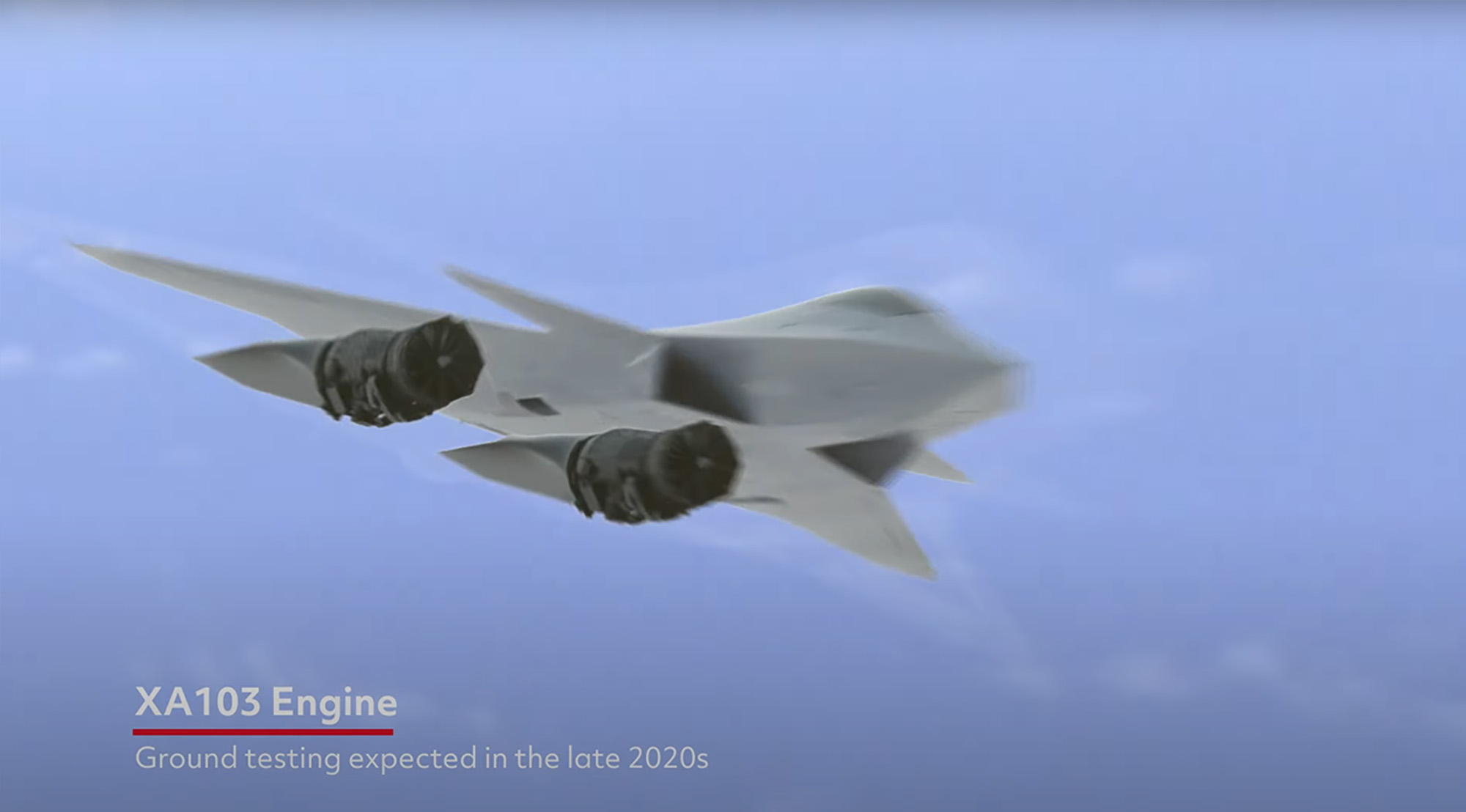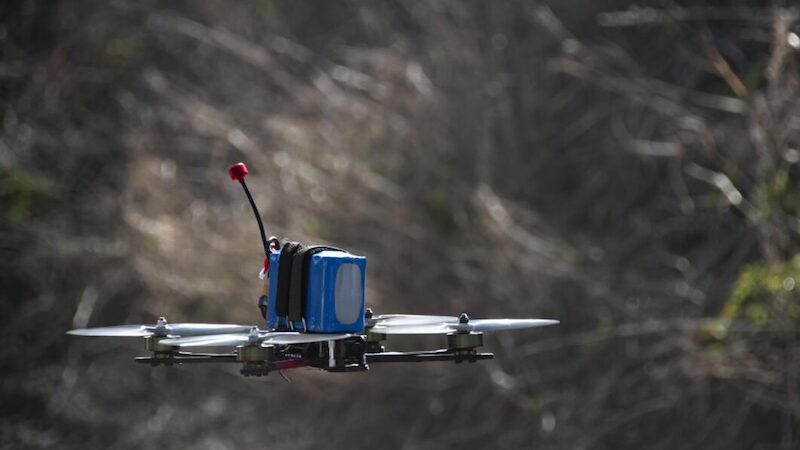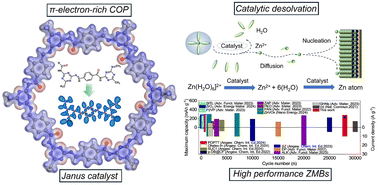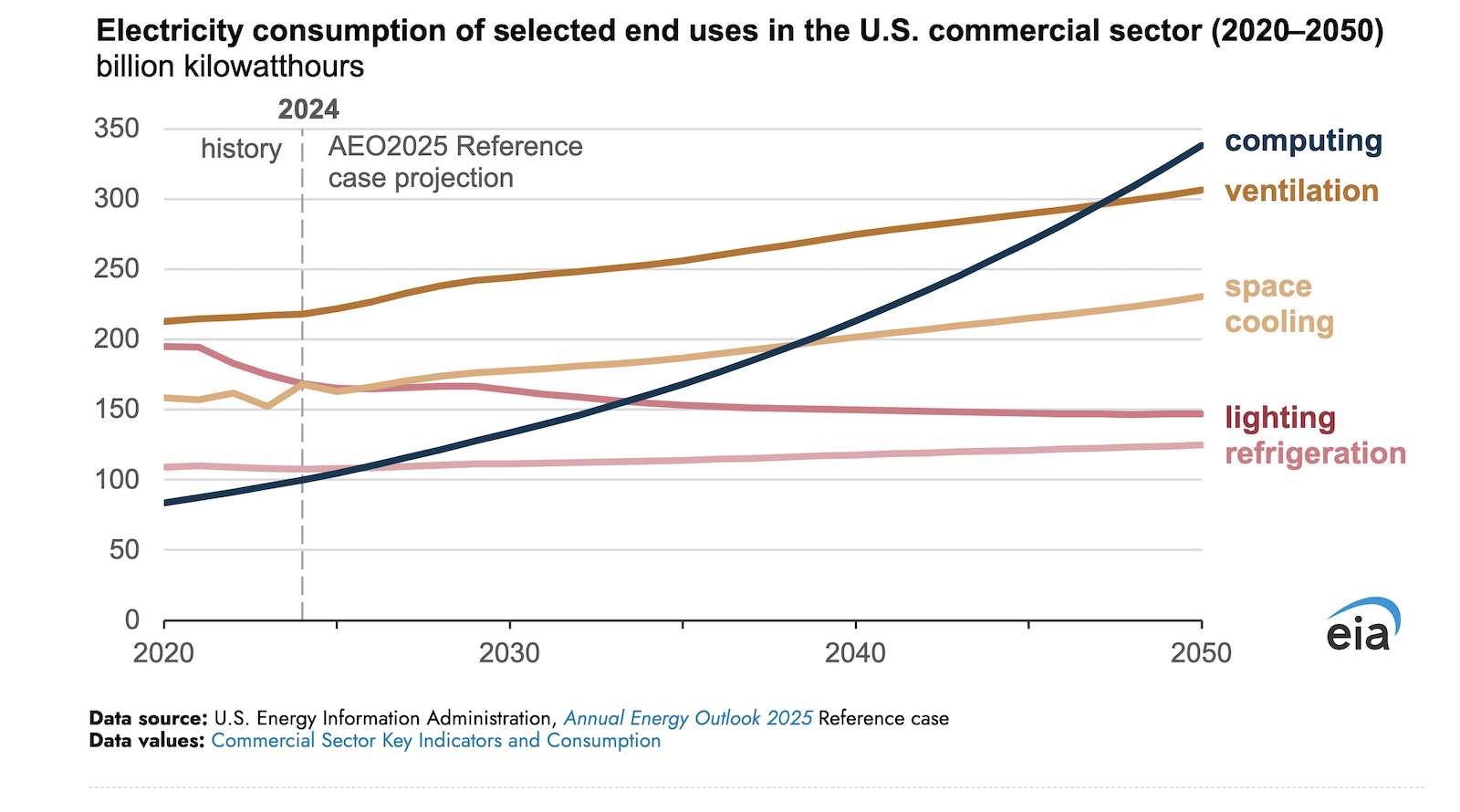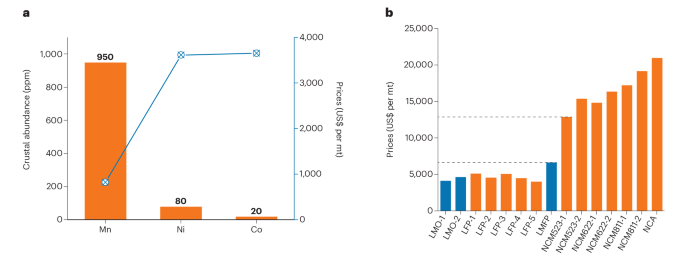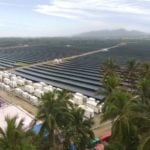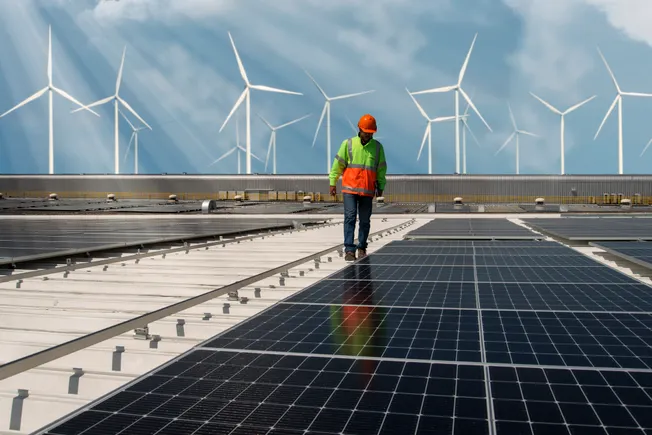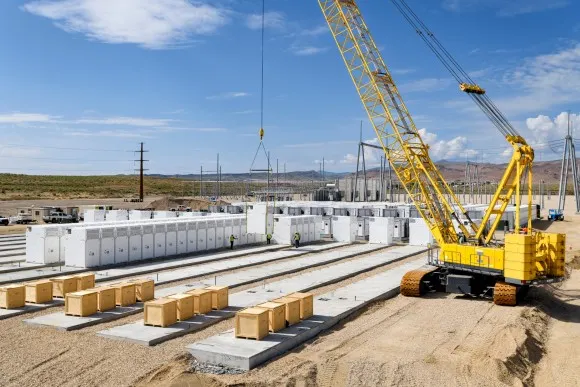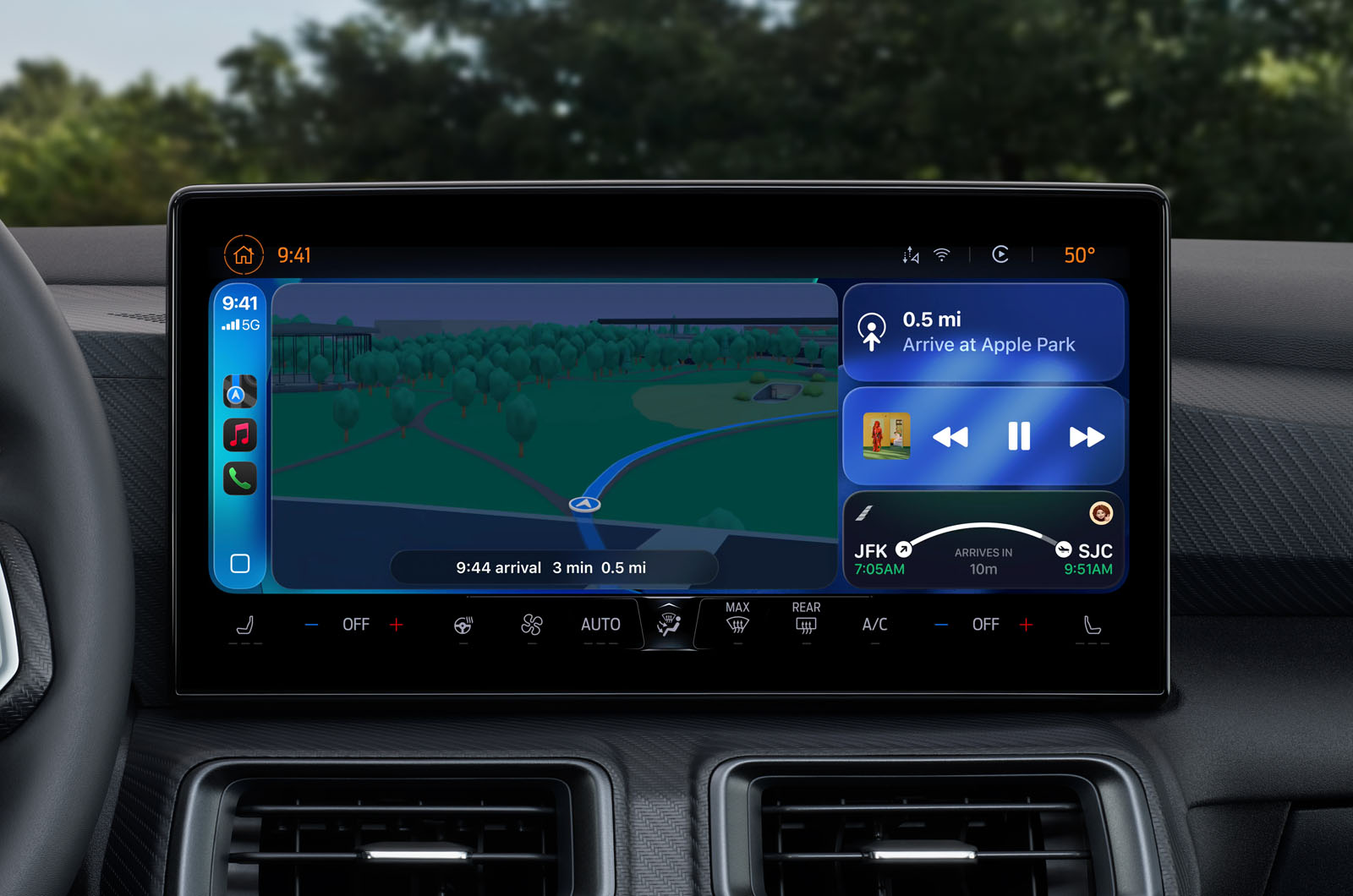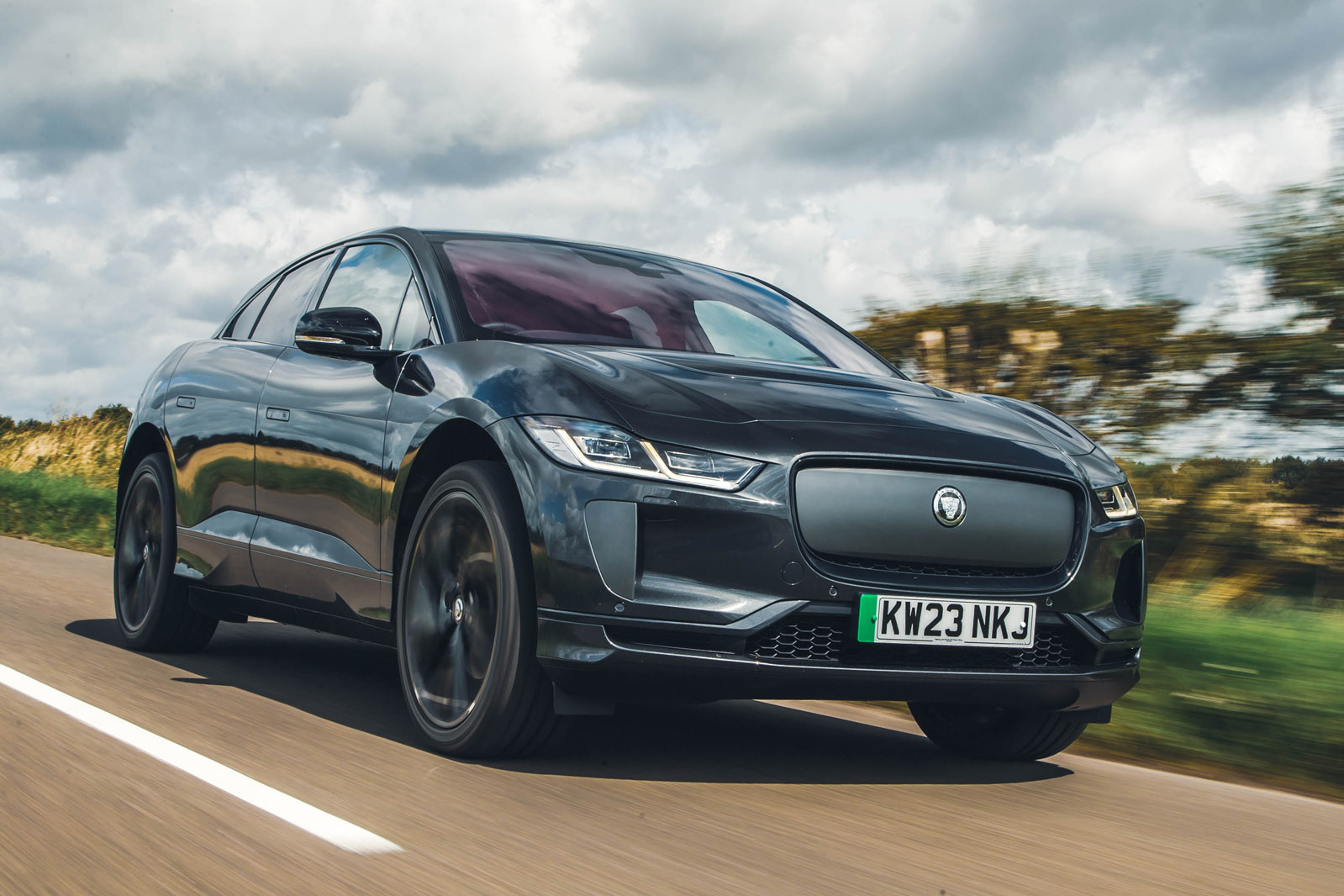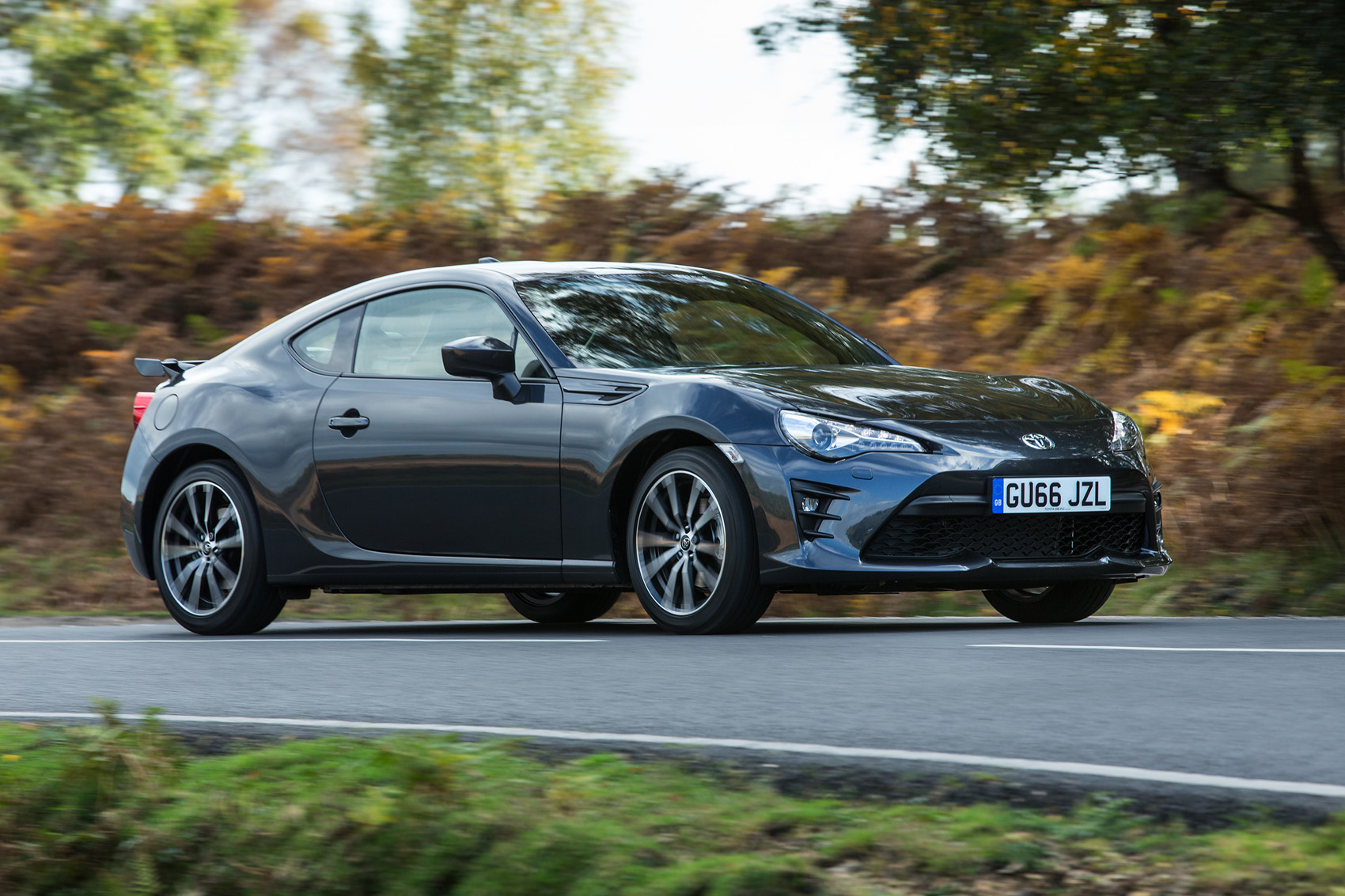Mercedes-AMG to axe four-cylinder PHEV for straight six and V8
Firm acknowledges C63's four-pot PHEV "failed to resonate" with customers and shifts to larger new-gen motors Mercedes-AMG is preparing to phase out the controversial four-cylinder plug-in hybrid drivetrain from the C63 and GLC 63, marking a strategic shift in the brand’s engine line-up. Speaking to Autocar at the unveiling of the Concept GT XX in Germany, a senior insider confirmed that future petrol-powered Mercedes-AMG models are set to adopt either an updated version of today’s in-line six-cylinder engine or an all-new V8 featuring a flat-plane crankshaft, similar in design to that used by the GT Black Series. “Technically, the four-cylinder is one of the most advanced drivetrains available in a production car. It’s also right up there on performance. But despite this, it failed to resonate with our traditional customers. We’ve recognised that,” said the source. The 2.0-litre M139-based four-cylinder, paired with an electric motor for a combined system output of over 670bhp in the C63 S E Performance, was introduced in 2022 to much fanfare but drew criticism from enthusiasts for its lack of character and weight compared with its V8-powered predecessor. While a precise timeframe for the phase-out has not been confirmed, Autocar has been told the engine will remain in production for the time being before “eventually” being replaced. Among the key reasons for the shift in strategy is the high cost of engineering the four-cylinder to comply with upcoming Euro 7 emissions regulations. “There’s no doubt about its potential – this is one of the most sophisticated engines we’ve ever built – but the investment to make it EU7-compliant is very high,” said the source. The move comes as Mercedes-Benz prepares to discontinue a number of compact models that used the M139 engine, including the A-Class hatchback. It also signals a rethink for models such as the SL 43 4Matic, which is expected to adopt a new turbocharged six-cylinder engine to replace its current 375bhp 2.0-litre unit. Speaking to journalists at the same event, Mercedes-Benz CTO Markus Schäfer reaffirmed AMG’s commitment to a dual-drivetrain strategy. “AMG will continue with a dual strategy – two pillars. The electric pillar will grow significantly. But the second pillar – hybridised internal-combustion engines – will also remain,” he said. “AMG and Mercedes are working together on a brand-new V8 engine. That engine will support upcoming emissions regulations. There will still be six- and eight-cylinder units, all electrified with either 48V systems or full hybrid set-ups.”
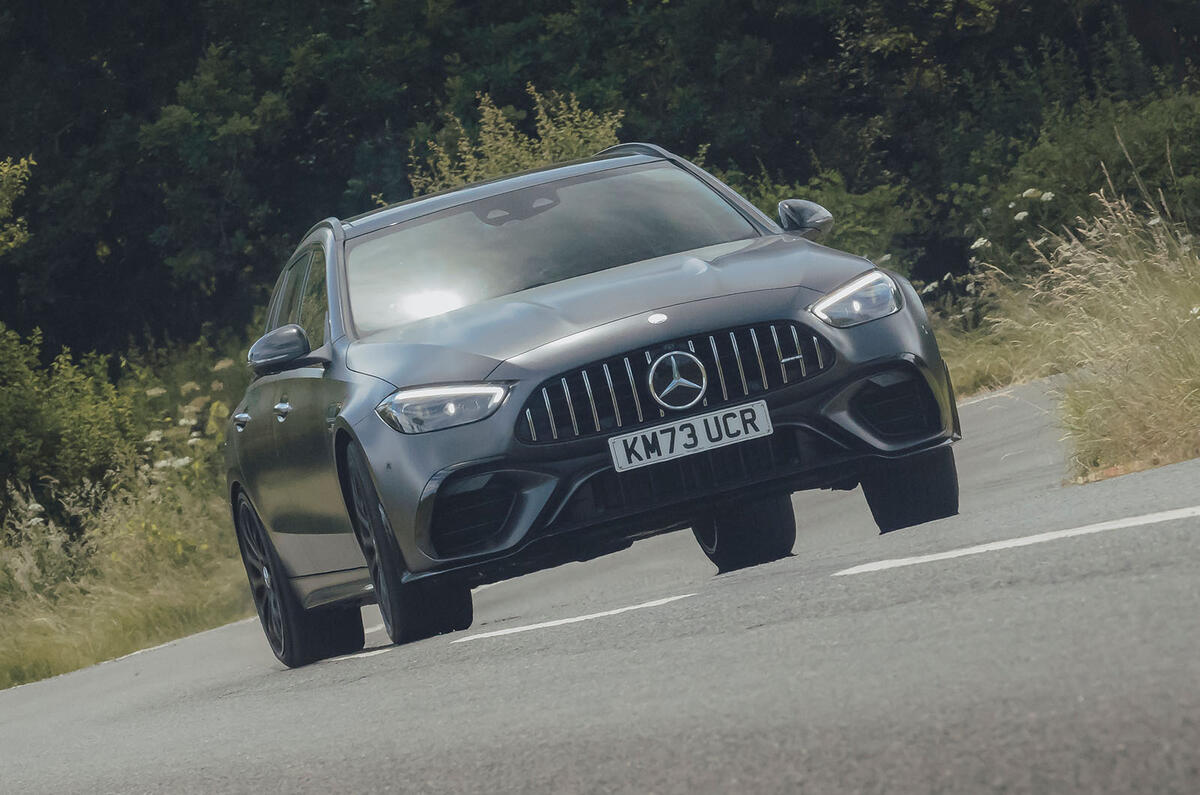
 Firm acknowledges C63's four-pot PHEV "failed to resonate" with customers and shifts to larger new-gen motors
Firm acknowledges C63's four-pot PHEV "failed to resonate" with customers and shifts to larger new-gen motors
Mercedes-AMG is preparing to phase out the controversial four-cylinder plug-in hybrid drivetrain from the C63 and GLC 63, marking a strategic shift in the brand’s engine line-up.
Speaking to Autocar at the unveiling of the Concept GT XX in Germany, a senior insider confirmed that future petrol-powered Mercedes-AMG models are set to adopt either an updated version of today’s in-line six-cylinder engine or an all-new V8 featuring a flat-plane crankshaft, similar in design to that used by the GT Black Series.
“Technically, the four-cylinder is one of the most advanced drivetrains available in a production car. It’s also right up there on performance. But despite this, it failed to resonate with our traditional customers. We’ve recognised that,” said the source.
The 2.0-litre M139-based four-cylinder, paired with an electric motor for a combined system output of over 670bhp in the C63 S E Performance, was introduced in 2022 to much fanfare but drew criticism from enthusiasts for its lack of character and weight compared with its V8-powered predecessor.
While a precise timeframe for the phase-out has not been confirmed, Autocar has been told the engine will remain in production for the time being before “eventually” being replaced.
Among the key reasons for the shift in strategy is the high cost of engineering the four-cylinder to comply with upcoming Euro 7 emissions regulations.
“There’s no doubt about its potential – this is one of the most sophisticated engines we’ve ever built – but the investment to make it EU7-compliant is very high,” said the source.
The move comes as Mercedes-Benz prepares to discontinue a number of compact models that used the M139 engine, including the A-Class hatchback. It also signals a rethink for models such as the SL 43 4Matic, which is expected to adopt a new turbocharged six-cylinder engine to replace its current 375bhp 2.0-litre unit.
Speaking to journalists at the same event, Mercedes-Benz CTO Markus Schäfer reaffirmed AMG’s commitment to a dual-drivetrain strategy.
“AMG will continue with a dual strategy – two pillars. The electric pillar will grow significantly. But the second pillar – hybridised internal-combustion engines – will also remain,” he said.
“AMG and Mercedes are working together on a brand-new V8 engine. That engine will support upcoming emissions regulations. There will still be six- and eight-cylinder units, all electrified with either 48V systems or full hybrid set-ups.”












